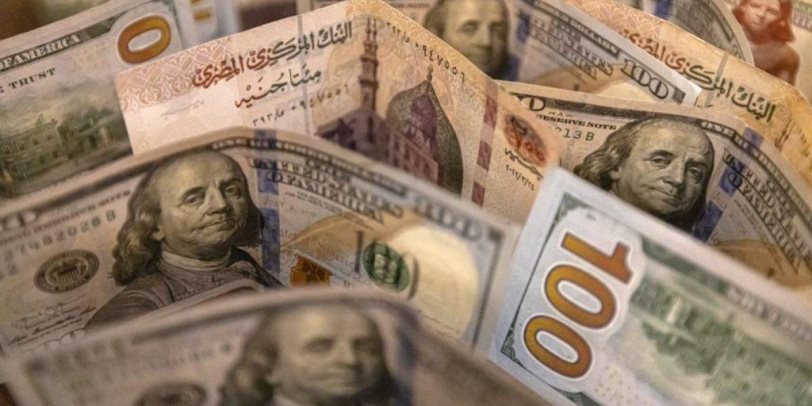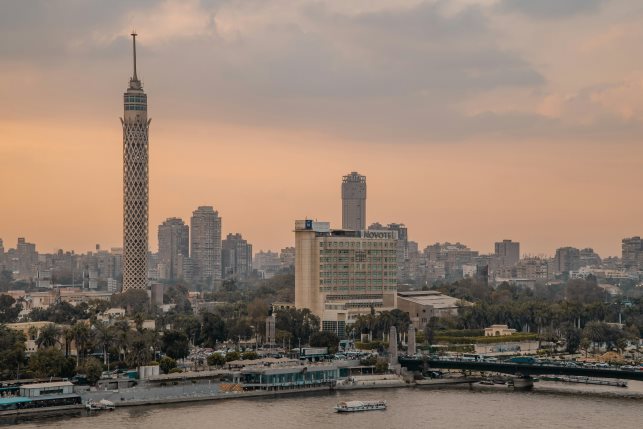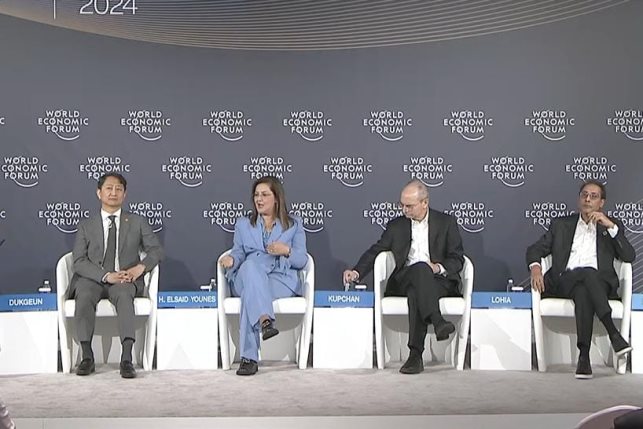EGP stabilizes on Thursday following Central Bank's policy adjustment and devaluation
Despite the CBE's currency adjustment causing a significant drop of 62% in the local currency against the USD, the pound demonstrated resilience and remained stable 24 hours after the float.

In the aftermath of the Central Bank of Egypt's (CBE) decision to float the Egyptian pound against the US dollar yesterday, the EGP stabilized at an average of EGP 49.5 against the greenback in major banks at the start of Thursday stock market trading.
Despite the CBE's currency adjustment causing a significant drop of 62% in the local currency against the USD, the pound demonstrated resilience and remained stable 24 hours after the float.
Prior to the currency adjustment on Wednesday, the EGP spent nearly a year at EGP 30 against the USD.
State-owned National Bank of Egypt (NBE) maintained the dollar's purchasing and selling price at EGP 49.5 and a selling rate of EGP 49.6, with Banque Misr recording a buying rate of EGP 49.5 and a selling rate of EGP 49.6, a slight decrease from Wednesday's peak numbers of EGP 50 and EGP 51, respectively.
The buying rate at the Commercial International Bank (CIB) settled at EGP 49.5, while the selling rate dipped to EGP 49.6, marking a notable decline from Wednesday's rates of EGP 50.3 and EGP 50.4.
ALEXBANK adjusted its rates to EGP 49.4 for buying and EGP 49.5 for selling, down from EGP 50 and EGP 50.10 on Wednesday.
The CBE’s decision to allow the weakening of the EGP and moving a more flexible exchange rate, in parallel with raising key interest rates by 6%, is in line with the conditions of a deal with the International Monetary Fund (IMF), and signals a positive shift to restore investor confidence.
In a press conference on Wednesday, the CBE’s governor, Hassan Abdalla, acknowledged the necessity of building trust in the financial system and reassured that the CBE retained intervention capabilities in case of "illogical movements."
The EGP’s stabilization and successful negotiation of an additional $5 billion by the IMF, upping its $3 billion loan to $8 billion, emphasizes Egypt's commitment to economic reforms.
As part of the program, the country pledged to address issues such as price stabilization, debt management, and the promotion of private-sector growth.
Abdallah said that Egyptian interest rates, long amongst the highest globally, would now be on a "downward track."
Egypt’s devaluation promises to close a gap between official and black market rates, which peaked at above EGP 70 to the USD in February, with Abdallah describing the black market as a "disease" that reflected a lack of trust in the financial system.
“Thankfully, I can stand here today and say we have enough to fulfil our obligations and more," he said.





